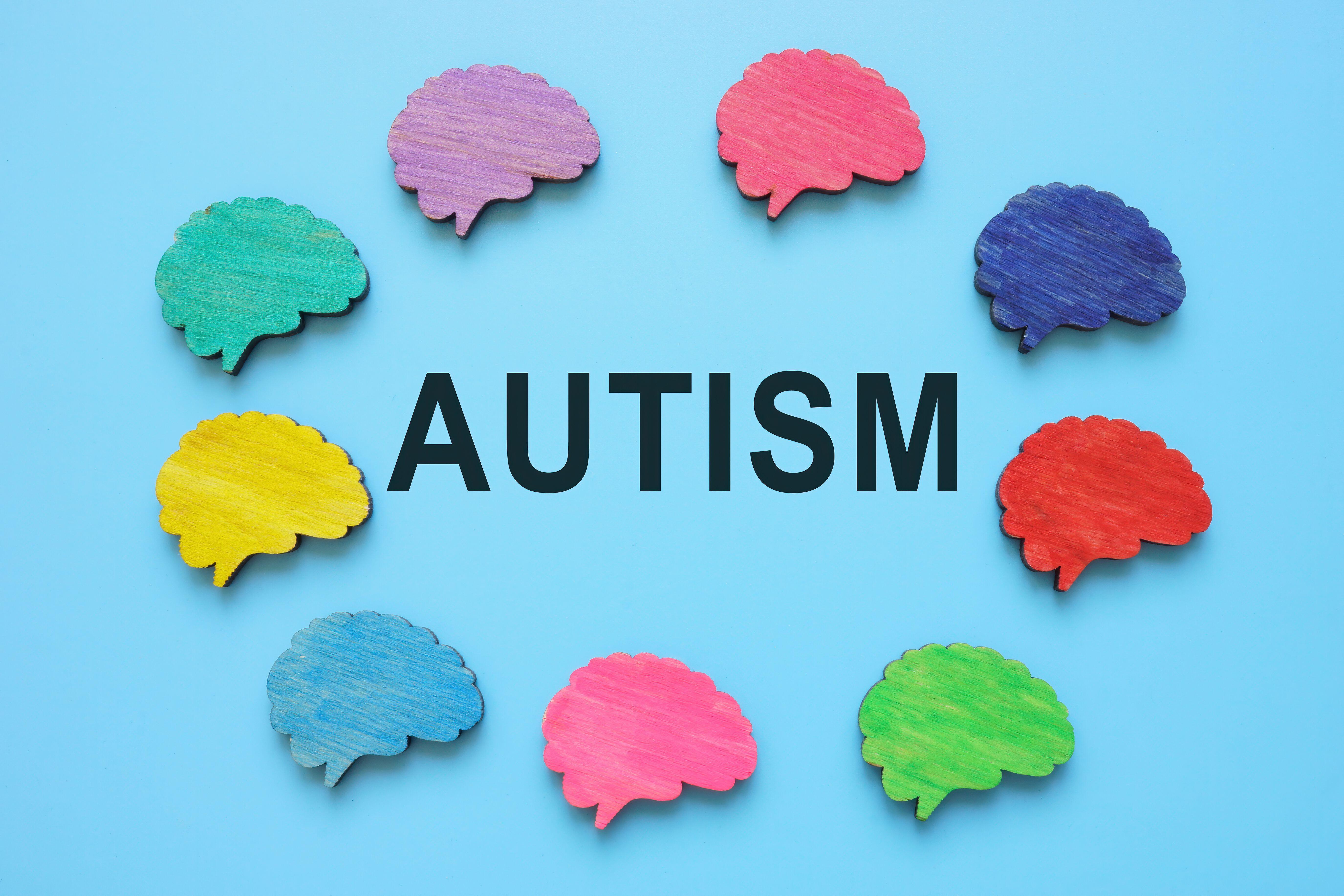Most autistic people over the age of 40 in the UK are living without an official diagnosis, according to new research.
Researchers at the Institute of Psychiatry, Psychology & Neuroscience (IoPPN) at King’s College London reanalysed research on UK healthcare data from 2018 and estimated that among autistic adults aged 40 to 59, 91.45 per cent of men and 79.48 per cent of women have not received a formal diagnosis.
This adds up to an overall under-diagnosis rate of 89.29 per cent.
The study, which was published in the Annual Review of Developmental Psychology, also found that this number increased even in the older age groups.
It found that 96.29 per cent of men and 97.19 per cent of women with autism over 60 are thought to be undiagnosed, with an overall rate of 96.51 per cent.

In contrast, the estimated that the rate of undiagnosed autism for 20 to 39-year-olds is 52.54 per cent, and 23.34 per cent for those under 19.
Commenting on this research, Tim Nicholls, assistant director of policy, research and strategy at the National Autistic Society, said: “This research clearly shows what we already know and hear about every day – there are high numbers of undiagnosed autistic adults and going through life without a diagnosis has a major impact on many aspects of their lives.
“Autism assessments can be the first step to understanding people’s needs and a diagnosis can be life-changing and, in some cases, lifesaving.”
To better understand how autism may present later in life, Dr Lisa Williams, clinical psychologist and founder of The Autism Service, has shared seven subtle signs of autism that often go unnoticed in adults over 40…
1. Reliance on structure and predictability
“Older autistic adults who have remained undiagnosed for much of their lives often fall into a set routine, which can make them feel more comfortable and in control,” explains Williams. “Reliance on this can become more noticeable with age, as unexpected changes and disruptions to this routine can trigger stress and anxiety.
“Signs of a reliance on routine can include extensive planning ahead, sticking to daily habits, and feeling unsettled by spontaneous or sudden changes in plans.”
2. Having specific and obsessive interests
“It’s not uncommon for anyone with autism to develop deep interests in particular subjects or hobbies, but this can be especially the case for older adults,” says Williams. “This can appear to be a lifelong passion, but if it dominates their free time and tends to be something they talk about almost obsessively, it could be a sign that the person falls somewhere on the autistic spectrum.”
3. Sensory sensitivities
“Heightened sensitivity to key sensory sources like light, noise, smells and textures can persist into later years for autistic adults,” notes Williams. “Noticeable discomfort in crowded and loud environments or with particular fabrics might indicate sensory processing differences typical of autism.”

4. Struggles with change
“Change can be especially challenging for older adults who may have undiagnosed autism,” highlights Williams. “Moving house, starting a new job or adapting to new technology can draw out natural anxieties about a lack of predictability and familiarity. Consistent signs of this can be a hallmark of autism.”
5. Difficulty in understanding social rules
“Unwritten social norms, such as eye contact, small talk, respect for personal space, body language and understanding subtle humour, as just a few examples, can be more difficult to understand for older adults with autism,” says Williams. “People with autism often think differently from neurotypical people and can interpret things much more literally or struggle to pick up on subtle social cues.
“This may result in feeling out of step in social settings or needing extra time to process interactions, even with years of life experience.”
6. Struggles in romantic relationships
“Adults with autism may experience challenges in forming or maintaining romantic relationships,” says Williams. “This can include difficulty expressing or interpreting affection, discomfort with physical intimacy, or preferring independence over cohabitation.
“They often thrive in relationships with partners who are understanding of their needs, communicate openly, and are willing to adapt to their preferred ways of connecting.”
7. Integration difficulties in the workplace
“While many autistic adults excel in specific roles or tasks, they may struggle with aspects of workplace integration, such as adapting to frequent changes, navigating office politics, or participating in group meetings that feel overwhelming,” says Williams.
“However, supportive managers who provide reasonable adjustments, like clear communication or flexibility in work routines, can help them succeed. Without this understanding, autistic employees may face unnecessary stress, conflict, or even unfair disciplinary action.”
For more information about autism diagnosis and assessments, visit the National Autistic Society’s website at autism.org.uk.
These are the signs of depression in older people
The little-known disorder that’s just as common as autism and dyslexia
The vegetable that can help lower blood pressure in those over 60
The herb that can lower your blood pressure and help you sleep






